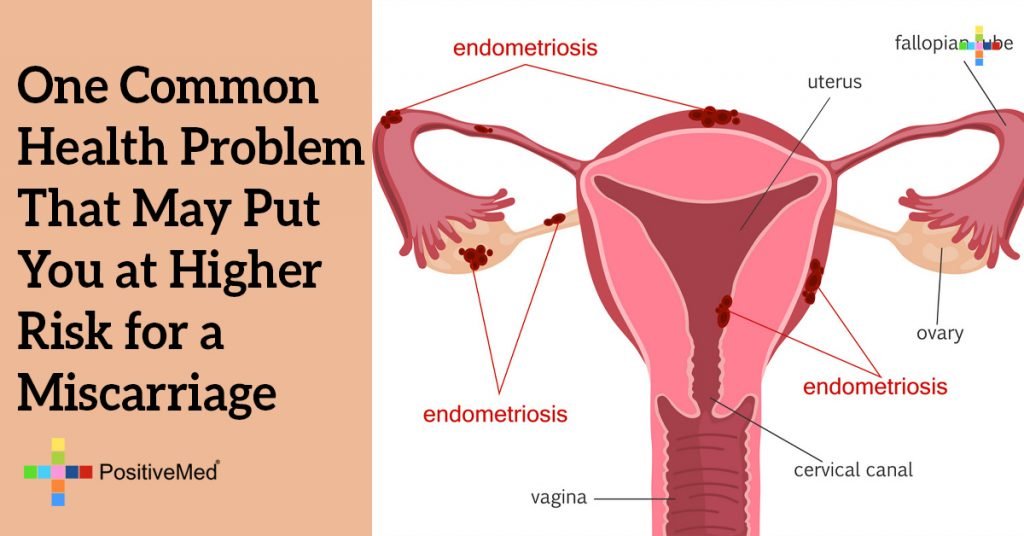
One Common Health Problem That May Put You at Higher Risk for a Miscarriage
[nextpage title=”…”]The endometrium is the lining of the uterus that helps fertilized eggs to grow by providing the right environment for embryo development. A woman’s hormones cause the endometrium to get thicker each month. If an egg is not fertilized, the lining is shed and the woman has her period.

What is Endometriosis?It is a condition wherein endometrial tissue grows outside the uterus. Pockets of this tissue may be found in the fallopian tubes, ovaries or bladder. Just like the endometrial tissue in the uterus, this tissue will thicken and bleed every month. Unlike the tissue in the uterus, there is no outlet. This results in a buildup of blood and tissue inside the body. The buildup can cause cysts and inflammation as well as symptoms like discomfort and pain.
RELATED LINK: 7 Types Of Pain You Should Never Ignore
The Relationship Between Endometriosis and MiscarriageA study by the Aberdeen Royal Infirmary of approximately 15,000 women in Scotland found that those with endometriosis had a 76 percent higher risk of a miscarriage. This was discovered by analyzing data from 5,375 women who had endometriosis and from 8,280 women who did not have the condition. The researchers also found that women with endometriosis had an increased risk for ectopic pregnancy, which occurs when the fetus develops outside of the uterus. Along with miscarriage and infertility, endometriosis also increased a woman’s risk of preterm birth and the need for cesarean section.
Miscarriages occur for between 15 and 20 percent of women who know that they are pregnant, according to the National Institutes of Health.
How Endometriosis Causes Miscarriage
• Abdominal AdhesionsThese occur when the body attempts to protect itself from the endometrial tissue that occurs outside of the uterus. It does so by surrounding it with scar tissue. Along with infertility, these adhesions can cause repeated miscarriages.
• Hormone SecretionsEndometrial tissue secretes hormones that facilitate pregnancy. When these hormones are secreted by tissue outside of the uterus, they may negatively affect the pregnancy and cause a miscarriage.
RELATED ARTICLE: 9 Signs of Hormonal Imbalance
[/nextpage] [nextpage title=”…”]
• Malfunctioning Immune SystemIn women without endometriosis, the immune system will not detect an embryo as a threat. The immune system of women with the condition is not functioning properly and may attack the embryo. This can cause a miscarriage.
It is important to note that having endometriosis does not mean that you cannot have a healthy baby. The risks can be lessened by following a few steps, such as:
• Informing Your DoctorIf your doctor does not already know, it is important to tell them about the condition. This will make handling complications easier if any arise.
• Eat Healthy Food and Get RestDoctors recommend a healthy diet and rest if endometriosis places you at a higher risk of miscarriage.
• Stop Taking Endometriosis MedicationBirth control and anti-inflammatory medication should not be used once you are pregnant. Avoid taking them to reduce the risk of complications.
The fact that you have endometriosis does not mean that you will miscarry or have an ectopic pregnancy. However, it is important to talk to your doctor if you have the condition and want to get pregnant.
[/nextpage]







